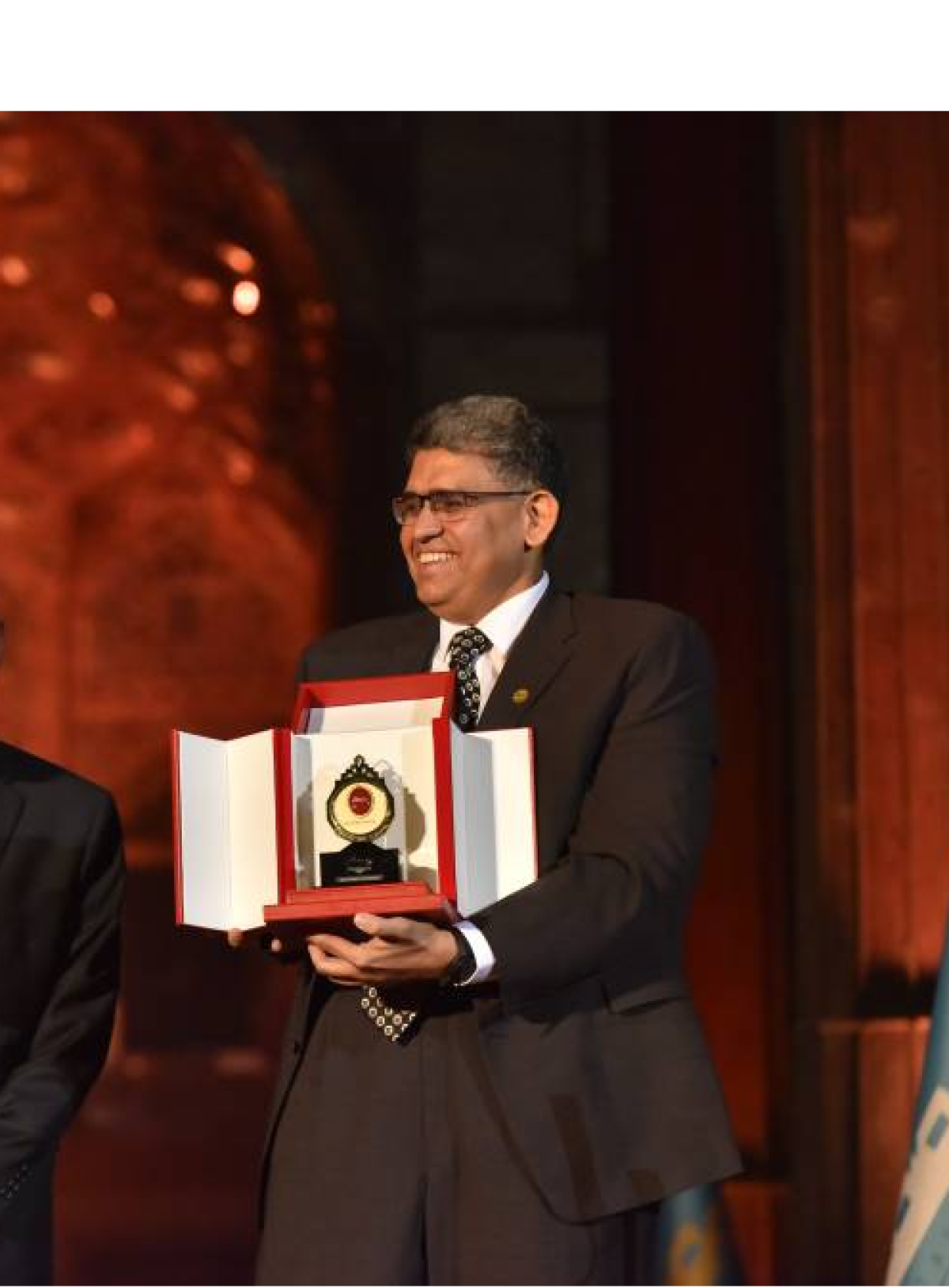‘What is Software?’: An easy but difficult question


Managing millions of users and billions of transactions every day without any interruptions is crucial for Ultralarge-scale services such as Microsoft, Google, and BlackBerry. These services, which rely heavily on software, face unique challenges of scale that are far greater than those encountered by conventional software systems.
MSTF media reports: Ahmed E. Hassan professor of Software Engineering at Queen's University and a 2023 Mustafa(pbuh) Prize laureate, has created methods that help the maintenance of such Ultra-Large-Scale (ULS) services.
In an interview with Observatory Hassan said “The biggest thing we are working on today is ultra-scale software systems. If I develop an app for a little company I don’t have to worry about a lot of things. However, when the app suddenly gets 10.000.000 users in one day I have to make sure of a lot of things. So, it is so easy to develop the mobile app, but making sure it is of high quality, it is reliable, and it doesn’t cause any harm is hard.”
But how is that possible, to make sure that software is safe and trustworthy? According to Hassan, “The way we do all of these is by leveraging the wisdom, the knowledge of the crowd, of the prior people, just the same way they say ‘listen to the elders.’ That’s what we’re doing. The way we’re doing it is by looking at all the data.”
What Hassan is doing is utilizing software analytics to leverage the abundant and mostly unexplored data collections or repositories connected to these services. His field of study is called Mining Software Repositories (MSR).
“I am the youngest recipient ever of the Mustafa(pbuh) Prize, recognized as the ‘Muslim Nobel’ by the Nature Magazine. I received the Prize for AI-guided Software Engineering (intelligent SE) field,” wrote Hassan in a LinkedIn post.
In his path, Hassan believes the biggest question that needs to be answered in MSR in the next ten years is “What is software?” According to the Mustafa (pbuh) Prize laureate, “We went from ‘software that was written where developers write everything’ to ‘software where you just give examples of what’s good and what’s bad and the AI does it for you.’” He won the Mustafa(pbuh) Prize for his work in this area.
Hassan believes a defining moment in his career to be when he proposes some ideas and sees these ideas being adopted in practice and used by companies such as Microsoft, Google, and BlackBerry. According to him, this shows “the trustworthiness of the software system.”
Hassan's team has created tools and methods that have been incorporated into products utilized by millions of individuals across the globe. He has professional expertise in designing the Blackberry wireless platform at RIM\BlackBerry, as well as serving at IBM Research in the Almaden Research Lab and the Computer Research Lab at Nortel Networks. He is credited with inventing patents in various countries, including the United States, Europe, India, Canada, and Japan.
Further, Hassan strongly believes in the creation of a large community in MSR. “It is of vital importance to create a bigger community. So, one of the things that I focused on from day one was creating this whole MSR community. At first, I created a workshop that has now turned into basically the largest conference in this area of research. It is the only conference in this area but it is the second largest conference in software engineering as a whole.”
Hassan who spearheaded the organization and creation of the Mining Software Repositories (MSR) conference and its research community says “I decided that I need to step out and let the conference develop by itself. You let it go just the same way as you let your kids go to school and university. In the same way, you worry what is going to happen with them.”
Hassan’s efforts are a testament to his dedication to advancing the field and ensuring the trustworthiness of software systems. With his groundbreaking work and continued hard work, Hassan is shaping the future of software engineering and making it safer and more reliable for everyone.
This article was previously published in the first issue of the International Observatory Journal.